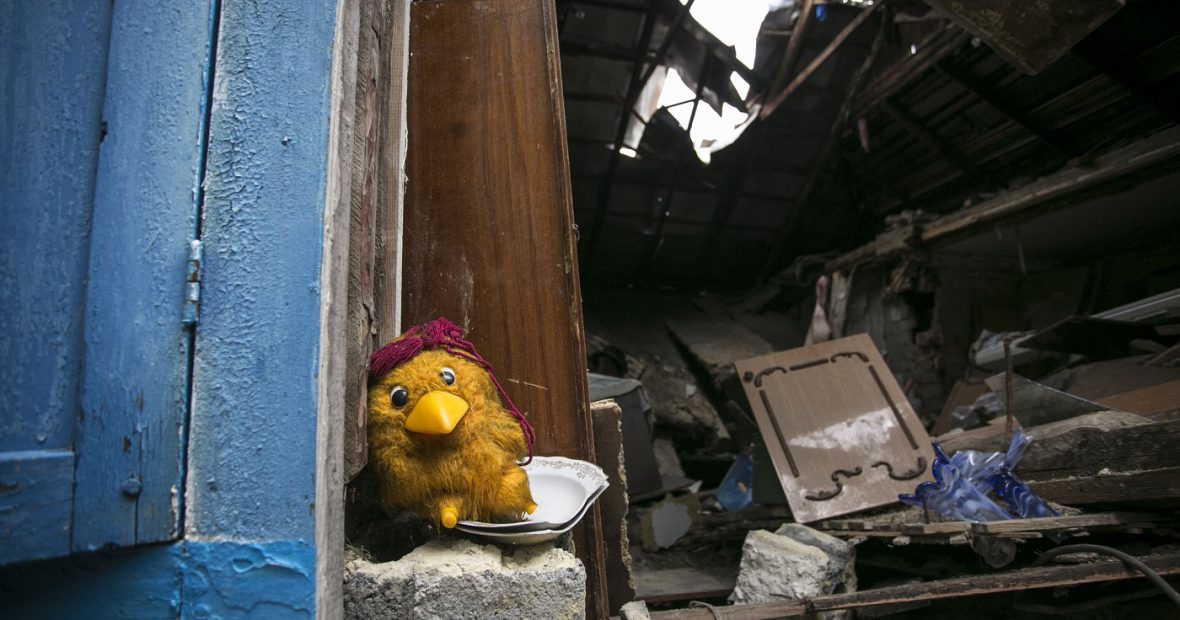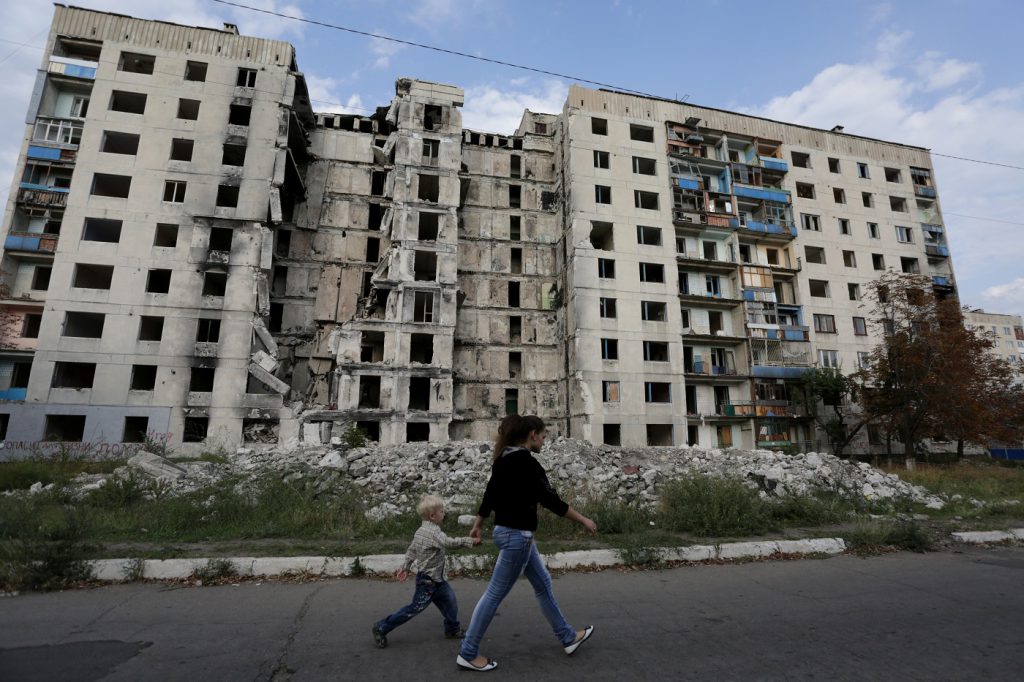WHAT IS IHL?
• International humanitarian law (IHL) is a set of rules that aim to limit the effects of armed conflict.
• It places restrictions on the parties to a conflict regarding the means and methods of warfare used.
• It protects people who are not, or are no longer, participating in hostilities.
• It is also known as the law of war or the law of armed conflict.
WHY IS IHL IMPORTANT?
IHL is one of the most powerful tools the international community has at its disposal to ensure the safety and dignity of people in times of war. It seeks to preserve a measure of humanity amidst conflict, with the guiding principle that even in war there are limits.
“The Geneva Conventions (…) continue to remind us most forcefully of our common obligation to care for each other.”
Nelson Mandela
HOW DOES IHL PROTECT?
IHL governs the conduct of hostilities by the parties to a conflict and protects persons in enemy hands. It also:
• requires the parties to a conflict to distinguish between combatants and civilians, and to refrain from attacking civilians;
• prohibits or limits the use of weapons that are particularly cruel or that do not distinguish between combatants and civilians;
• requires the parties to a conflict to care for the wounded and sick and to protect medical personnel;
• requires the parties to a conflict to ensure that the dignity of prisoners of war and civilian internees is preserved, in particular by allowing visits by ICRC delegates.
WHAT IS THE ICRC’S ROLE?
The ICRC serves as the guardian of IHL, the foundations of which are the four Geneva Conventions of 1949 and their three Additional Protocols. These treaties give the ICRC the right to carry out activities such as:
• bringing relief to wounded, sick or shipwrecked military personnel;
• visiting prisoners of war;
• restoring contact between members of families separated by conflict;
• assisting civilians;
• ensuring that those protected by humanitarian law are treated in accordance with its provisions.
WHEN DOES IHL APPLY?
IHL applies in three situations:
• international armed conflicts, which involve at least two countries;
• situations where the whole or part of a country’s territory is occupied by a foreign power;
• armed conflicts that take place within one country (such as those between a government and one or more organized armed groups, or between various organized armed groups).
IHL applies to all parties to a conflict, regardless of who started it.
WHOM DOES IHL PROTECT?
IHL protects combatants and those who are not, or are no longer, participating in hostilities, such as: civilians; medical and religious personnel; wounded, shipwrecked and sick combatants; prisoners of war and civilian internees.
Recognizing their specific needs, IHL grants women and children additional protection.



